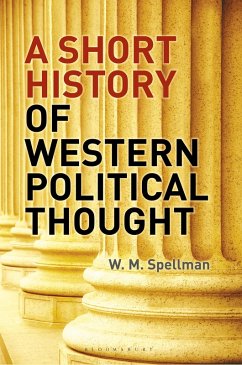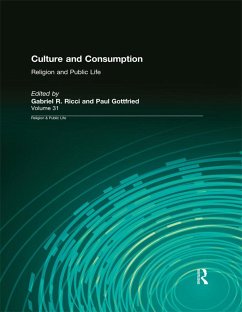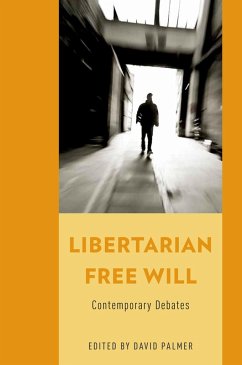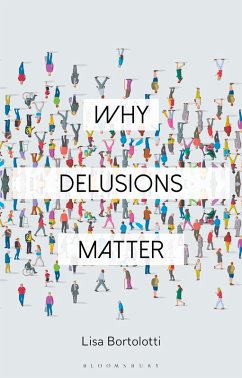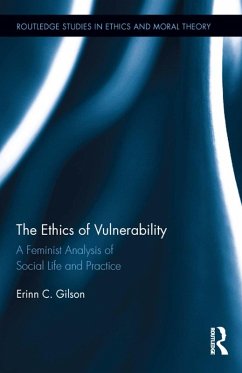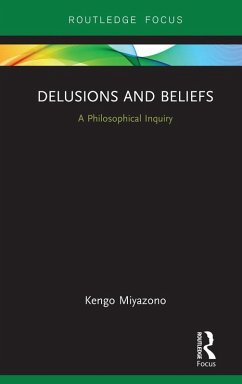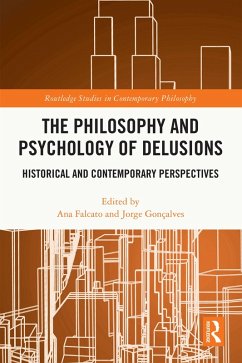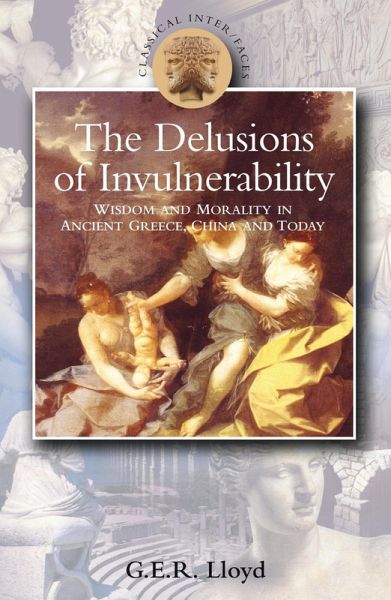
Delusions of Invulnerability (eBook, PDF)
Wisdom and Morality in Ancient Greece,China and Today
Versandkostenfrei!
Sofort per Download lieferbar
22,95 €
inkl. MwSt.
Weitere Ausgaben:

PAYBACK Punkte
11 °P sammeln!
How were the aims of philosophy and the responsibilities of philosophers conceived in ancient Greece and China? How were the learned elite recruited and controlled; how were their speculations and advice influenced by the different types of audiences they faced and the institutions in which they worked? How was a yearning for invulnerability reconciled with a sense of human frailty? In each chapter of this fascinating analysis ancient Greek and Chinese ideas and practices are used as a basis for critical reflections on the predicaments we continue to face today, with a particular focus on the ...
How were the aims of philosophy and the responsibilities of philosophers conceived in ancient Greece and China? How were the learned elite recruited and controlled; how were their speculations and advice influenced by the different types of audiences they faced and the institutions in which they worked? How was a yearning for invulnerability reconciled with a sense of human frailty? In each chapter of this fascinating analysis ancient Greek and Chinese ideas and practices are used as a basis for critical reflections on the predicaments we continue to face today, with a particular focus on the key Greek ideas of the equal participation of all citizens in the political process, and on the key Chinese one of a dedication to the ideal of the welfare of all under heaven





